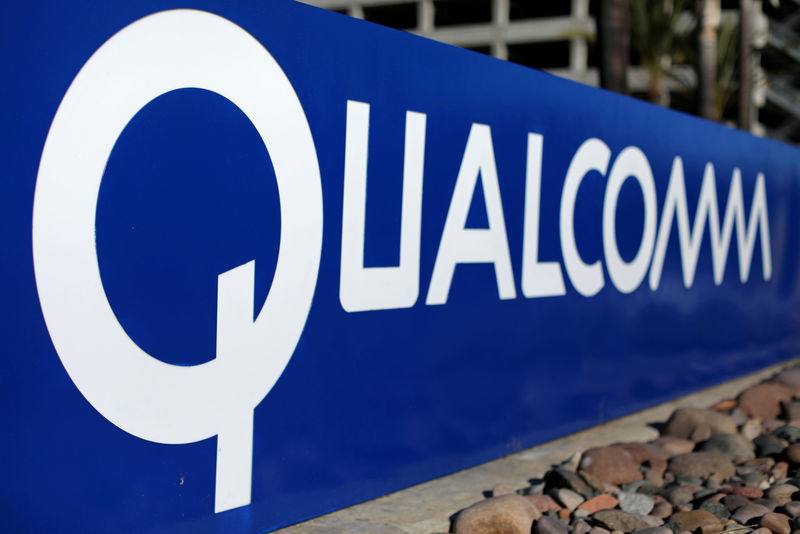LAS VEGAS - The latest advancements in AI-driven automotive technologies were at the forefront during CES 2024, as major tech companies like Intel (NASDAQ:INTC), Qualcomm (NASDAQ:QCOM), Google (NASDAQ:GOOGL), and others showcased their innovative contributions to the industry. Intel has made a strategic move into next-gen EV battery technology by acquiring Silicon Mobility SAS. The tech giant is also developing a new series of chips aimed at enhancing in-car experiences, such as voice commands and navigation systems, marking a significant step towards more interactive and intelligent vehicles.
Qualcomm, not to be outdone, unveiled updates to its Digital Chassis platform. In collaboration with Bosch, Qualcomm introduced a central vehicle computer powered by the Snapdragon Ride Flex (NASDAQ:FLEX) SoC chip, which is expected to push the boundaries of automotive computing power.
Among the other notable announcements, Nvidia (NASDAQ:NVDA)'s Drive Orin chip is currently being utilized by industry leaders Mercedes Benz (ETR:MBGn) and Volvo (OTC:VLVLY)'s Polestar (NASDAQ:PSNY). The company also announced plans for its more advanced Drive Thor chip, designed for autonomous driving, signaling a future where cars may increasingly drive themselves.
Mercedes Benz revealed its MB.OS, complete with an MBUX chatbot, designed to provide an interactive user interface. BMW (ETR:BMWG) announced its upcoming Operating System 9, which will be based on Android Automotive OS and will incorporate Amazon’s Alexa Custom Assistant, allowing for gameplay during EV charging sessions.
In a move to integrate automotive and smart home technology, Samsung (KS:005930) has partnered with Hyundai (OTC:HYMTF) and Kia to incorporate the SmartThings IoT platform. This collaboration aims to enable drivers to control smart home devices directly from their vehicles.
Volkswagen (ETR:VOWG_p) is also making waves by partnering with Cerence (NASDAQ:CRNC) Inc. to introduce OpenAI’s ChatGPT technology into their vehicles starting in Q2 2024, promising a new level of smart vehicle interaction.
Google is advancing its suite of automotive software with updates to Android Auto and is currently beta testing an in-car Chrome browser for vehicles with Google built-in capabilities.
These developments underscore a significant push within the automotive industry towards vehicles that are not only more connected but also equipped with intelligent features that promise to redefine the driving experience.
This article was generated with the support of AI and reviewed by an editor. For more information see our T&C.
Should you invest $2,000 in INTC right now?
With INTC making headlines, savvy investors are asking: Is it truly valued fairly? In a market full of overpriced darlings, identifying true value can be challenging. InvestingPro's advanced AI algorithms have analyzed INTC alongside thousands of other stocks to uncover hidden gems. These undervalued stocks, potentially including INTC, could offer substantial returns as the market corrects. In 2024 alone, our AI identified several undervalued stocks that later surged by 30 or more. Is INTC poised for similar growth? Don't miss the opportunity to find out.
Reveal Undervalued Stocks Now